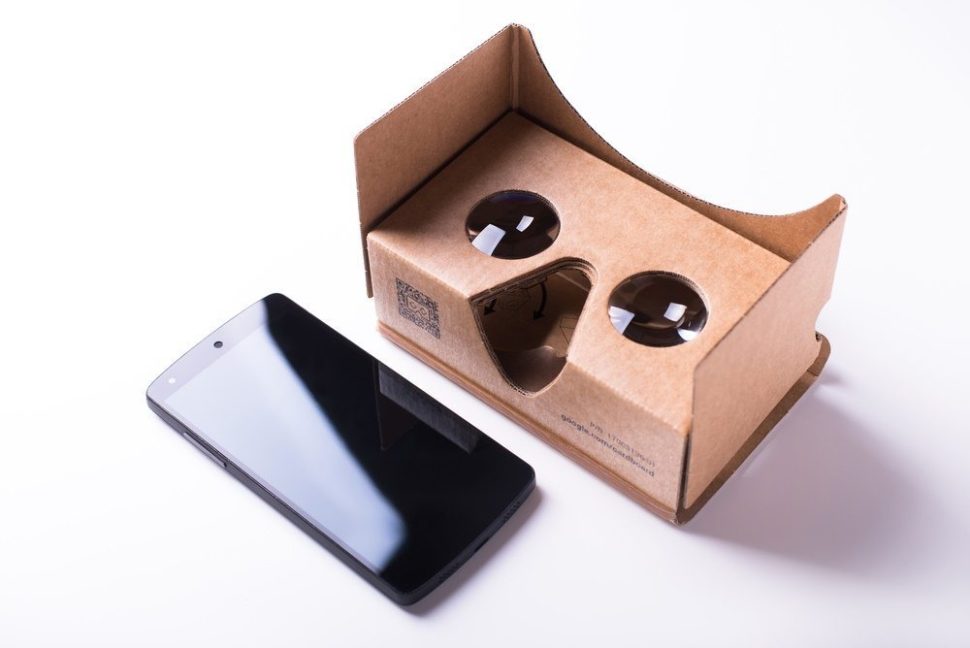The commercial viability of VR is steadily rising, and Google is looking to be at the forefront of this new business frontier. Their WebVR project aims to make access to VR easier by providing it directly via Android’s browser without the need of any special apps. Android users number in the billions and this could allow Google to dominate the market.
Sixty-million mobile phone VR headsets will be delivered by 2021, according to Juniper Research. Gear VR and Google Cardboard VR are already reaching millions. Many big companies are vying for the top spot in this new commercial venue, and two of the biggest competitors are Google and Microsoft. Both companies are planning on offering WebVR support.
Google hopes to delve deeper with WebVR, a service that will allow them to distribute VR content directly through the Chrome browser.Click To TweetClick this link to test out WebVR on your browser.
Google Steps up its Game with WebVR Support
Releasing VR content without needing an app could greatly increase Google’s consumer base. and could make them the default choice for customers that are looking for quality VR content. WebVR should be ready for Android phones by January of 2017. A similar PC version should come later in the year.
James Moar of Juniper Research warned that there may be some negative impacts if the VR content is of low quality. He added, “The best opportunity for smartphone VR is in providing subscription media, from film and series streaming to news broadcasts, to supplement existing online services.”
Microsoft Comes From Behind
Last September, Microsoft reported on their official blog that they started to develop their own WebVR project for the Microsoft Edge browser. They added that the Windows Holographic Shell will be supported by the Edge WebVR. Microsoft expects to release Edge’s WebVR support along with Windows 10 Redstone 2 early in 2017.
‘They added that the Windows Holographic Shell will be supported by the Edge WebVR.”
If the race to corner the VR market brings more innovations for VR accessibility, VR might soon be more commonplace in the commercial market.



















Comments (0)
Most Recent